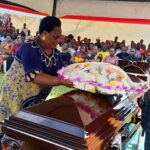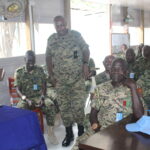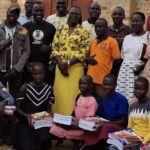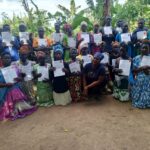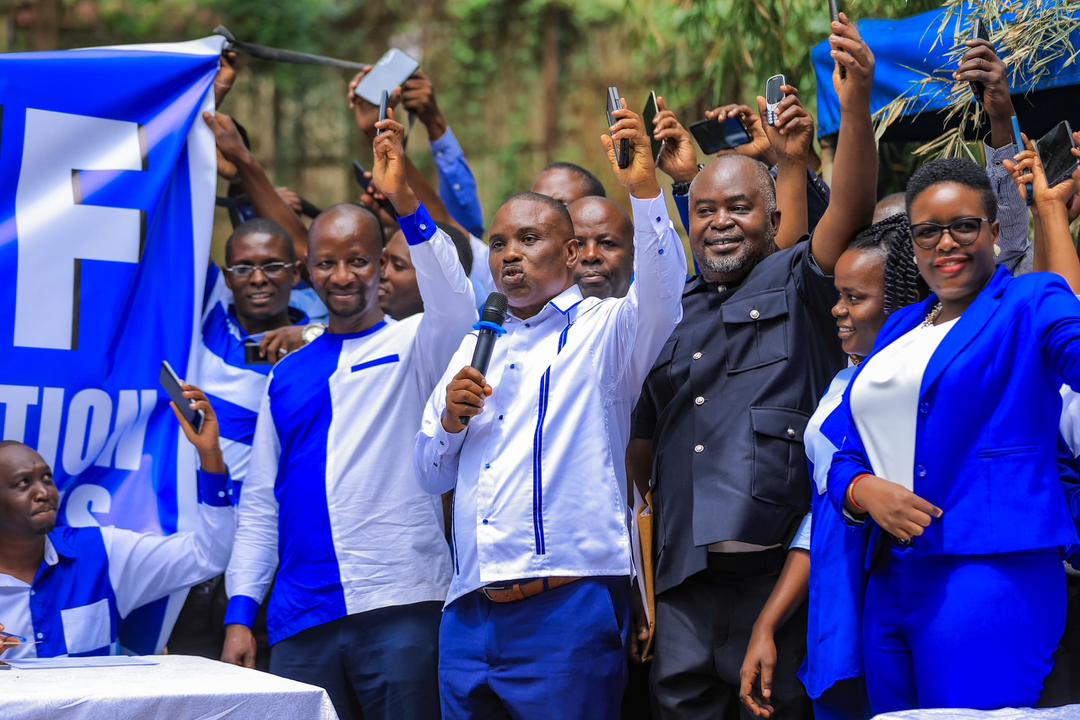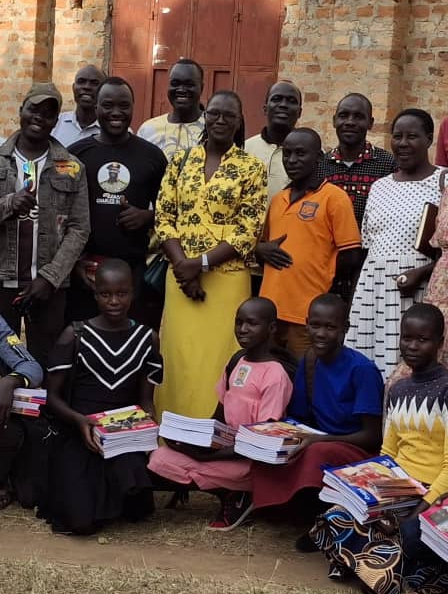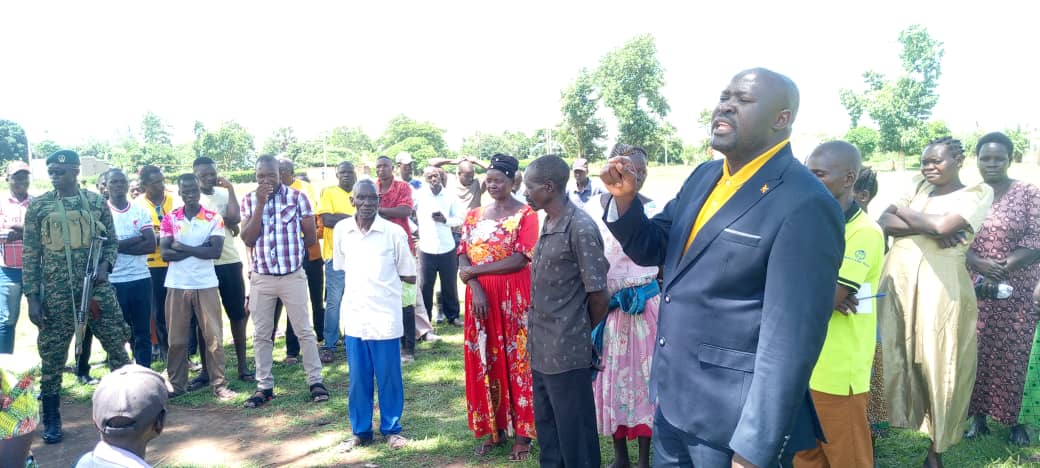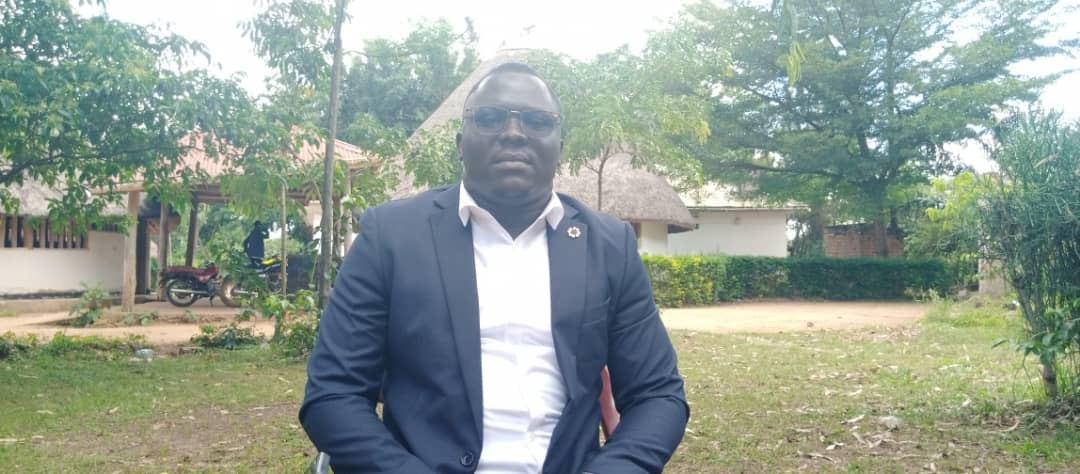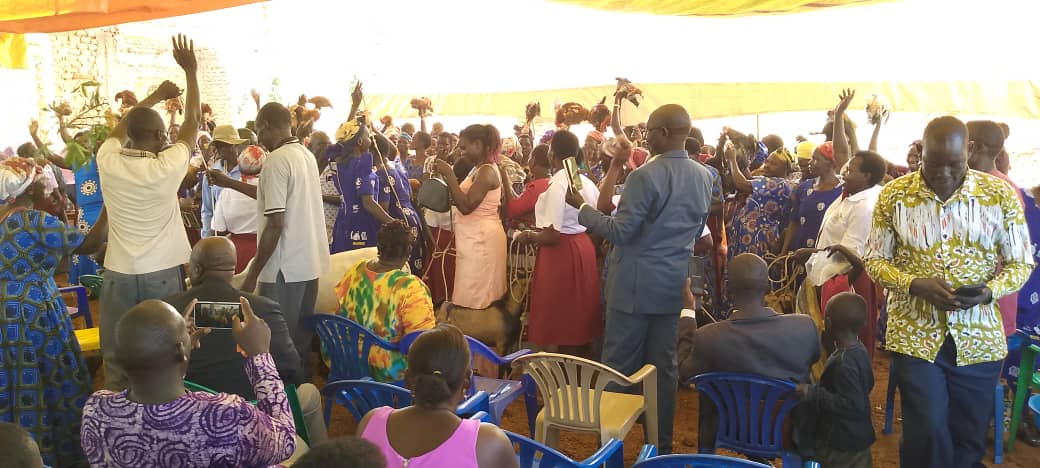The once-vibrant opposition landscape has been marked by internal discord, defections, and shifting priorities, leaving analysts and the public questioning its ability to dislodge the long-standing NRM government.
With just over a year until Uganda’s 2026 general elections, the country’s opposition finds itself in a precarious situation.
Political analysts are raising alarms over what they describe as a “general unstated consensus” within the opposition, warning that the opposition might be sabotaging itself rather than effectively challenging the ruling National Resistance Movement (NRM).
The once-vibrant opposition landscape has been marked by internal discord, defections, and shifting priorities, leaving analysts and the public questioning its ability to dislodge the long-standing NRM government.
According to political observers, many opposition figures seem to have settled into a state of survival rather than positioning themselves as a serious alternative to the NRM’s grip on power.
Instead of dislodging the government, they appear to be focused on maintaining their status within the political arena, benefiting from their current roles rather than aiming for leadership.
Nicholas Opiyo, a prominent political analyst, voiced concern that a significant section of the opposition has become complacent, satisfied with being in opposition rather than actively seeking to ascend to power.
“A large section of the opposition is now comfortable being in opposition and will fight tooth and nail to keep that position, as opposed to taking over the government,” Opiyo said.
He further argued that the disarray within the opposition ranks is contributing to its failure, making it easier for the NRM to maintain its hold on power.
“The opposition’s infighting and inconsistent strategies are self-inflicted wounds. These issues disadvantage them, allowing the NRM to continue dominating the political space,” Opiyo added.
As the country inches closer to the 2026 elections, the opposition’s challenges are evident in both public and private spheres.
From members crossing over to work with the NRM to disagreements over policy proposals, such as the controversial Lumu Bill and Mathias Mpuuga’s electoral reforms, the opposition seems fragmented.
Ibrahim Ssemujju Nganda, a prominent opposition leader, acknowledged the internal disagreements but downplayed their impact. He described them as part of the political process, cautioning against overinterpreting them.
“I don’t want you to read too much into disagreements. These will happen,” Ssemujju said.
“Sometimes they are regrettable, especially when they play out in the public domain. I disagree with Lumu’s proposal, but I wouldn’t label him negatively. We are not soldiers following orders to agree on everything.”
However, political analysts see these disputes as more than mere disagreements, suggesting they may be signs of a deeper problem within the opposition.
NRM’s Confidence Grows
While the opposition struggles with internal chaos, the NRM is already preparing for the 2026 election, expressing confidence in retaining power.
NRM officials, such as Emmanuel Dombo, have pointed out that the opposition’s dysfunction makes it easier for voters to align with the ruling party.
“They (the opposition) have made the choice of the voter easy. The voter will find it very easy to vote for NRM come the 2026 election. We shall sweep,” Dombo said confidently.
Political analysts agree, noting that the NRM’s consistent use of state resources and political force has gradually worn down the opposition’s resilience.
“Unless the opposition changes its modes operandi, the NRM will continue to dominate Uganda’s political space for a long time,” Opiyo warned.
As Uganda’s 2026 elections approach, the opposition faces an uphill battle to remain relevant and present a formidable challenge to the NRM’s rule.
With internal divisions, political defections, and questions about their commitment to dislodging the government, the opposition risks making the NRM’s path to victory smoother than ever before.
The public watches closely, wondering whether the opposition can overcome its internal strife and unite to present a credible alternative to the NRM’s dominance.
The clock is ticking, and for the opposition, survival mode might not be enough to secure a future in Uganda’s political landscape.




